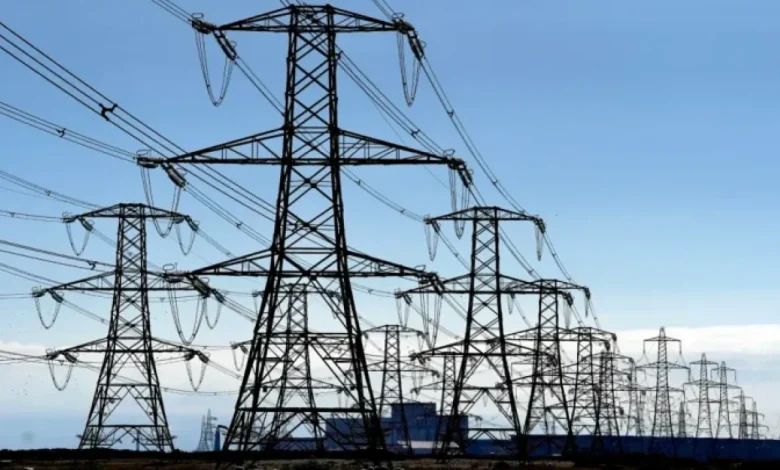
The national grid collapsed on Monday evening, plunging millions of Nigerians into darkness as electricity distribution companies reported widespread power outages. The collapse occurred around 6:48 p.m., leading to a complete loss of power supply across various networks.
Eko Electricity Distribution Company (EKEDC), which serves parts of Lagos State, notified customers via its X handle, stating: “Dear Valued Customer, kindly be informed there was a system collapse at 18:48 hours which has resulted in a loss of power supply across our network. We are currently working with our partners and hope for a speedy restoration of the grid. We will keep you updated as soon as power is restored. Kindly bear with us.”
Similarly, the Enugu Electricity Distribution Company PLC (EEDC) communicated with its customers about the “general system collapse,” which affected supply in Abia, Anambra, Ebonyi, Enugu, and Imo States. “All our interface TCN stations are out of supply, and we are unable to provide services,” the EEDC announced.
The Kaduna Electricity Distribution Company also reported the outage, promising to restore normalcy as soon as possible. “Please be informed that the power outage being experienced is due to a system failure from the national grid at 6:58 p.m. today,” they stated, assuring customers that they were working with relevant stakeholders to restore power once the grid stabilizes.
This latest collapse is part of a troubling pattern; the national grid has experienced several collapses this year, occurring on February 4, March 28, April 15, July 6, and August 5.
As of now, the Transmission Company of Nigeria (TCN) has not issued a statement regarding this latest incident.
However, in April, the Executive Director of the Independent System Operator (ISO) at TCN Nafisat Ali, cited multiple factors contributing to these frequent collapses, including inadequate gas supply, poor coordination among generation plants and gas pipelines, and low generation availability.





